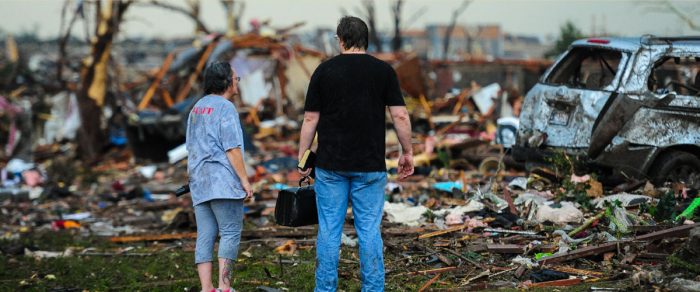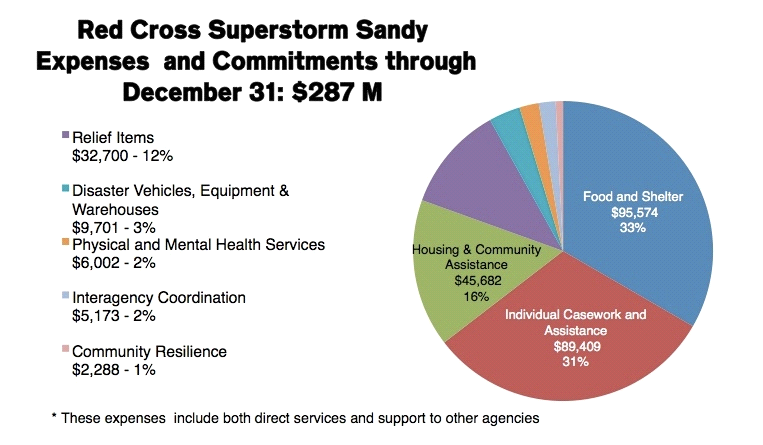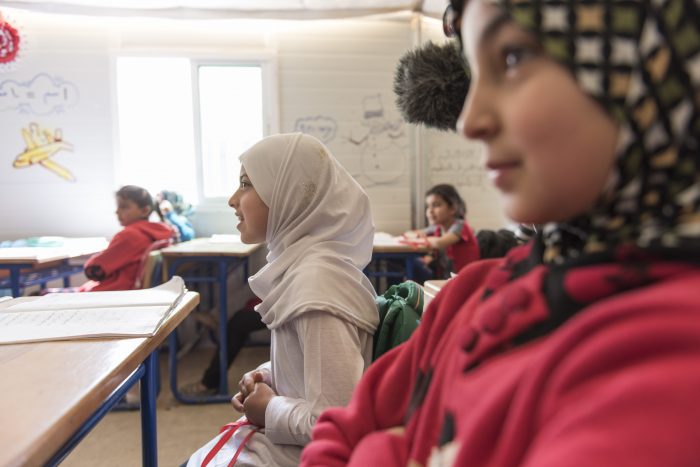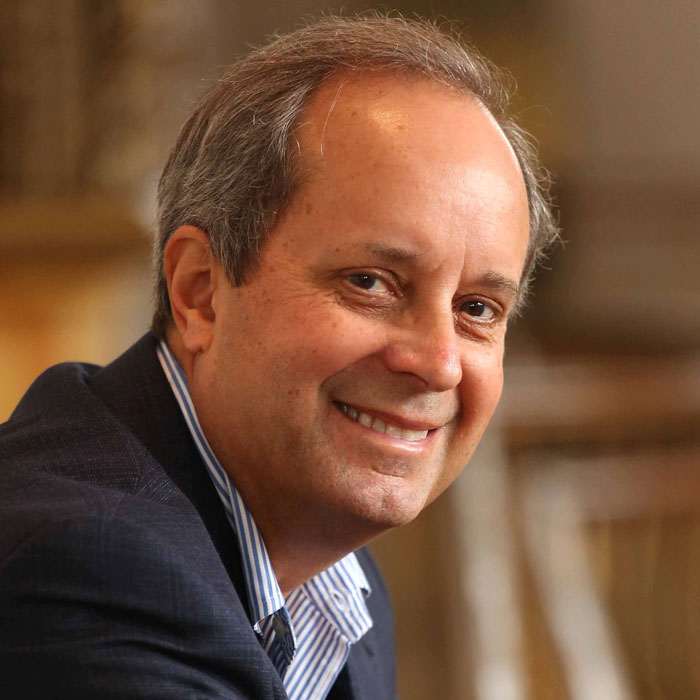What’s a Donor to Do When Disaster Strikes?

When disaster strikes your community, what should you do? News reports of heartbreaking death and destruction create a sense of urgency. It seems critical to do something right away. But what?

With experience and planning, foundation leaders develop a pattern and process to guide their regular grantmaking. But disaster-giving is different. The demand happens only occasionally—maybe only once in a lifetime. It is usually unplanned. It is rarely anticipated. But in today’s world, we know our day will come.
If you’ve faced these decisions, you’re not alone. Last month, I participated in a remarkable dinner in Chicago where I listened to fourteen donors talk about their disaster experiences and questions. As part of the Exponent Philanthropy conference, we were there because Debra Jacobs, president of The Patterson Foundation, had the brilliant insight to suggest we hold a dinner to explore how to make disaster philanthropy more effective.
We came from diverse situations, from Hawaii to Boston, from big and small family foundations, private foundations, community foundations, and donor advised funds. But we all had similar questions about when to give, where to give, and how to give, and we engaged in a spirited and generous discussion.
I came away with three insights:
- The time for starting to think about disasters is now. Don’t put it off. Several of the participants had recently experienced a disaster in their community and for the first time were confronted with the question of what to do and how to do it. As you begin to think about your response to disasters, don’t limit yourself to immediate relief. Consider what you can do to help your community better plan for disasters or become more adaptive and resilient.
- As you grapple with your disaster response, start from strength by reviewing your foundation’s values and priorities. How can you extend your current grantmaking work to support those who may have been adversely affected by disasters? Ultimately, we’re all disaster philanthropists whether we acknowledge it or not.
- Finally, it was a good feeling to learn we’re not alone when it comes to making tough decisions about disasters. There are other donors with the same questions and concerns. Here at the Center for Disaster Philanthropy we’ve created a virtual community of concerned donors, determined to do better.
For starters, take a look at our Disaster Philanthropy Playbook which is chock full of best practices, practical ideas and giving tips. Better yet, call our hotline at (206) 972-0187 to speak with CDP’s team about any issues confronting your organization.
If you’re interested in participating in a dinner discussion on effective disaster philanthropy or want to join our community, please contact me directly.
More like this

We Are All Disaster Philanthropists

